This article was reported by Gabriella Bedore, Bailey Berg, James Glade, Alec Hamilton, Lauren Horsch, Alyssa Martin, Erin McHenry and Elizabeth Robinson.
Three months after Drake University raised tuition 4.11 percent, officials announced last week that students will have to cover an additional 2.75 percent surcharge if they pay by credit card.
A full-time undergraduate student paying full tuition, including room, board and fees, would lay out an additional $1,051.49 in new credit card charges.
In the past, the university absorbed the annual $250,000 cost for allowing students to use cards, but President David Maxwell said the university could no longer afford to shoulder that cost.
“It’s part of the operating budget, and this is passed on to all students in the form of tuition,” he said. “By doing this, it will be the people who choose to pay with a credit card who are paying the charge, not everyone else.”
The new fee did not sit well with some students.
“A 2.7 percent fee is ridiculous,” Alicia Atwell, a P2 from Omaha, Neb. said. “Especially if it’s like $1,000 for your tuition.”
The new fee assessed directly to students was enough to make Atwell switch payment methods: “I’ll probably just walk over to Old Main and write a check.”
Other students said they will change their payment methods as well.
“I won’t be paying with a credit card for sure,” Eric Liu, a sophomore pre-pharmacy major, said. “That’s a lot of extra money, and we already pay a lot.”
University officials said they could not estimate how many students pay with credit cards or how much the average student would pay with the surcharge.
Maddie Alcon, a sophomore sociology and anthropology major from Minneapolis, has no problem with the new system.
“It seems fair, but what I saw on Twitter briefly was a lot of anger against it from at least five students,” Alcon said. “At first it was presented to me as very problematic but after the details were explained, it seems more fair.”
Drake joins a host of hard-hit colleges and universities across the country that have forced students to bear the processing fees if they use credit cards. Iowa’s three public universities do not accept credit card payments, according to their websites.
The National Association of College and University Business Officers (NACUBO) said that 28.7 percent of payments to universities and colleges are via credit card. At small institutions such as Drake, 24.3 percent of payments are made through credit cards.
Drake will not receive any portion of the surcharge.
In the past, Drake has handled credit card payments directly with banks. Now the university has outsourced those functions to TouchNet, which will accept MasterCard, American Express and Discover. It does not accept the widely used Visa card. Debit cards or E-Checks will be processed without a fee.
The extra fees will apply to all charges made on a credit card, such as Bulldog Bucks or eSuds.
Heather Fenton, director of marketing and product management for TouchNet, said that schools using the fee program typically have 15 percent of students paying with credit cards.
Several students said they were frustrated that Visa isn’t accepted.
“Visa is the biggest credit card I know,” first-year actuarial science student Nick Iwan said. “That’s like not having drinking fountains on campus.”
Junior magazines major Lindsay Dressen said she thought Visa was universally accepted.
“You shouldn’t be penalized for that,” Dressen said. “We are already paying enough money. This is just another way for (Drake) to squeeze more money out of our pockets. It’s not saving them; it’s giving them more money.”
The university funds previously used to pay credit card fees will go back into the budget to provide additional funding for instruction, libraries, technology, other academic support and student services, officials said.
Last Tuesday, students received an email from Kala Williams, director of student account services, unveiling the surcharge, calling it a “convenience” fee.
The email said Drake was “excited” to announce policy changes for how students pay tuition bills. The email also asserted that the new system would help with payment security.
“To me, it sounds like it would be less secure,” first-year Caroline Davidson said. “Why have a third party? That doesn’t make sense to me.”
Vice President of Business and Finance Victoria Payseur declined to be interviewed in person or by phone. In an email to The Times-Delphic, Payseur said the new system treats all students and parents fairly so that those not paying by credit card are not subsidizing those who are.
She said the previous system did not have security concerns.
In November, former Director of Student Accounts Robert Harlan was sentenced to 10 years in prison after being convicted of embezzling more than $600,000 from the university.
Responding to questions last week, Maxwell said there was no connection between the new surcharge and the Harlan case.
“This didn’t have anything to do with the embezzlement, it had to do with the $200,000 the university was paying,” Maxwell said.
Student Body President-elect Amanda Laurent, a junior public relations major from Minnetonka, Minn., said Drake made the right decision with the policy change.
“With this new charge, only students who choose to pay with a credit card are absorbing the charge, instead of the whole student body,” Laurent said. “Yes, it is unfortunate that credit cards even have processing fees, but TouchNet seems to provide Drake with the best solution to what seemed to be an on-going issue.”
Laurent said Student Senate was not aware of the change before the email was sent to the student body.
Student Body President Greg Larson is aware of student complaints.
“I understand how this might be a little burdensome for some individuals at Drake who might have to jump through one or two more hoops to pay their bills instead of paying with a credit card,” Larson said.
Sophomore health sciences major Alexander Herold was unconvinced.
“Obviously, it’s a lot of money,” Herold said, “and I’m not sure the (school’s) added benefit will help us at all.”
Sophomore studio arts and art history major Megan Lawrence said Drake should have looked at alternatives.
“Why not just include the extra cost in tuition?” Lawrence asked. “This will be more of a hassle for students and administration.”
The fee announcement caught most students by surprise.
Cyrus Nadia, a junior psychology major from Batavia, Ill., had mixed feelings about the surcharge, but said the implementation would have been better had student leaders been consulted.
“What’s the point of having representatives if you’re not going to include us in the decision-making process?” Nadia asked. “It’s less about the decision itself, more about the process of how they came to the decision that may unsatisfy me.”


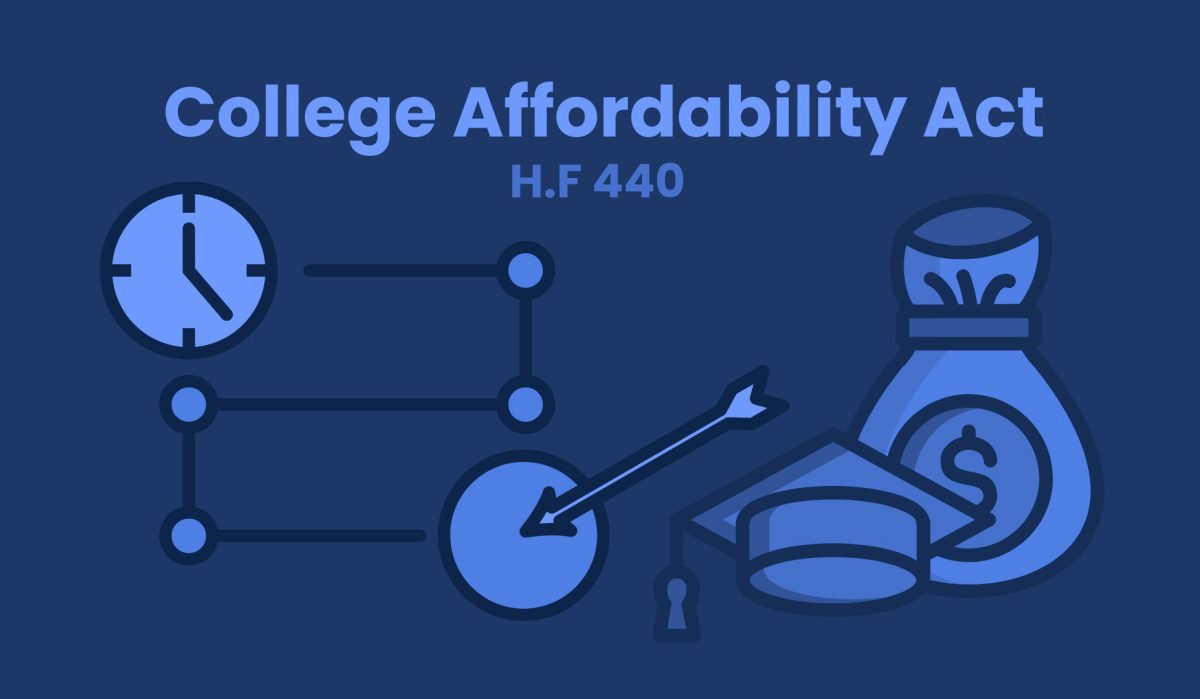
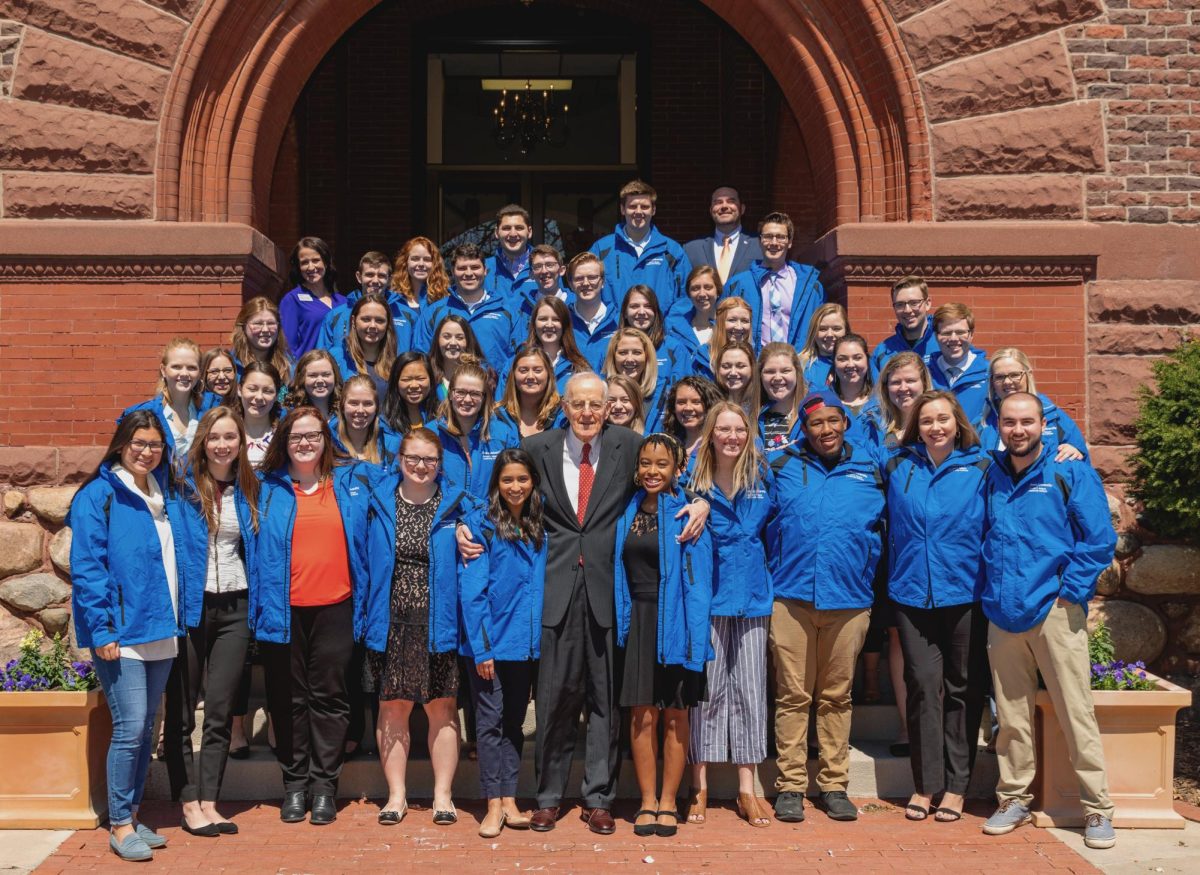
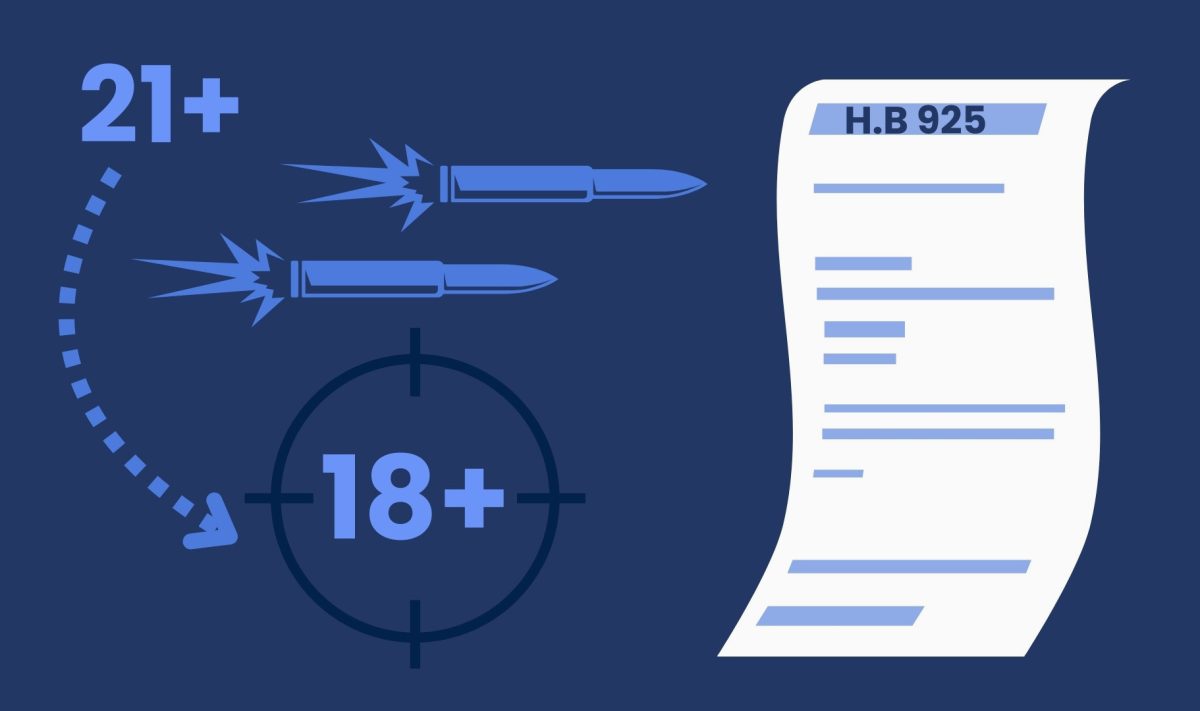
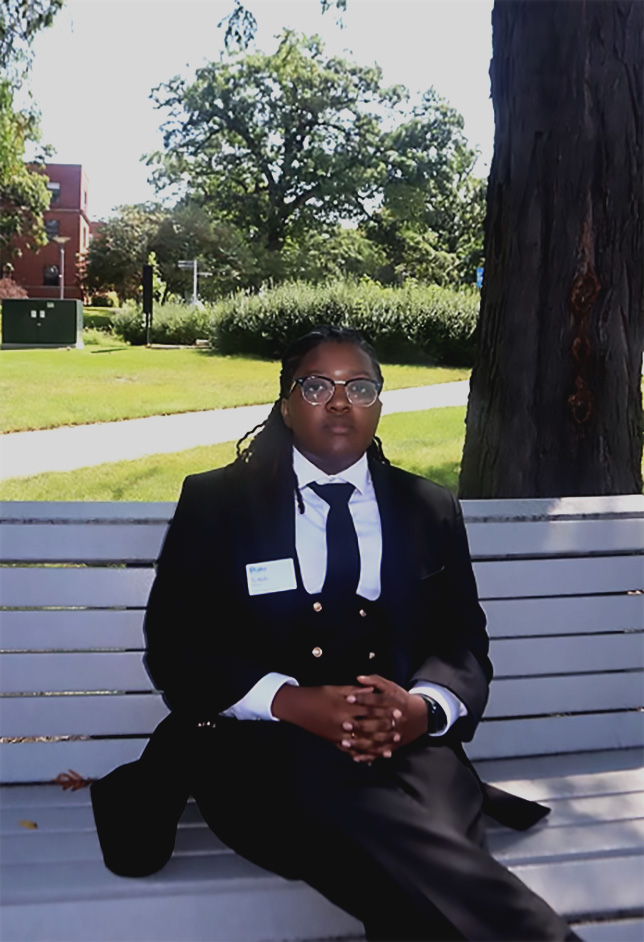
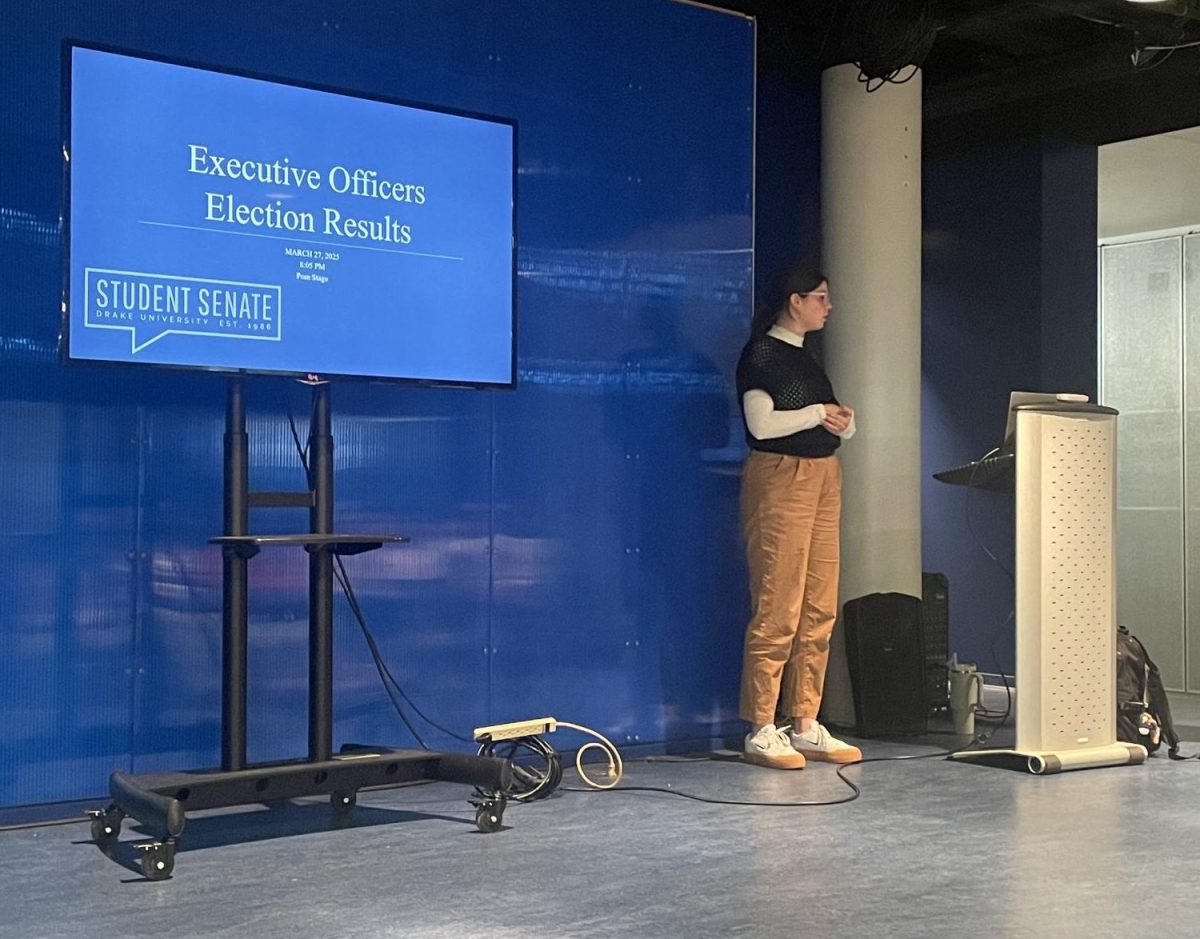
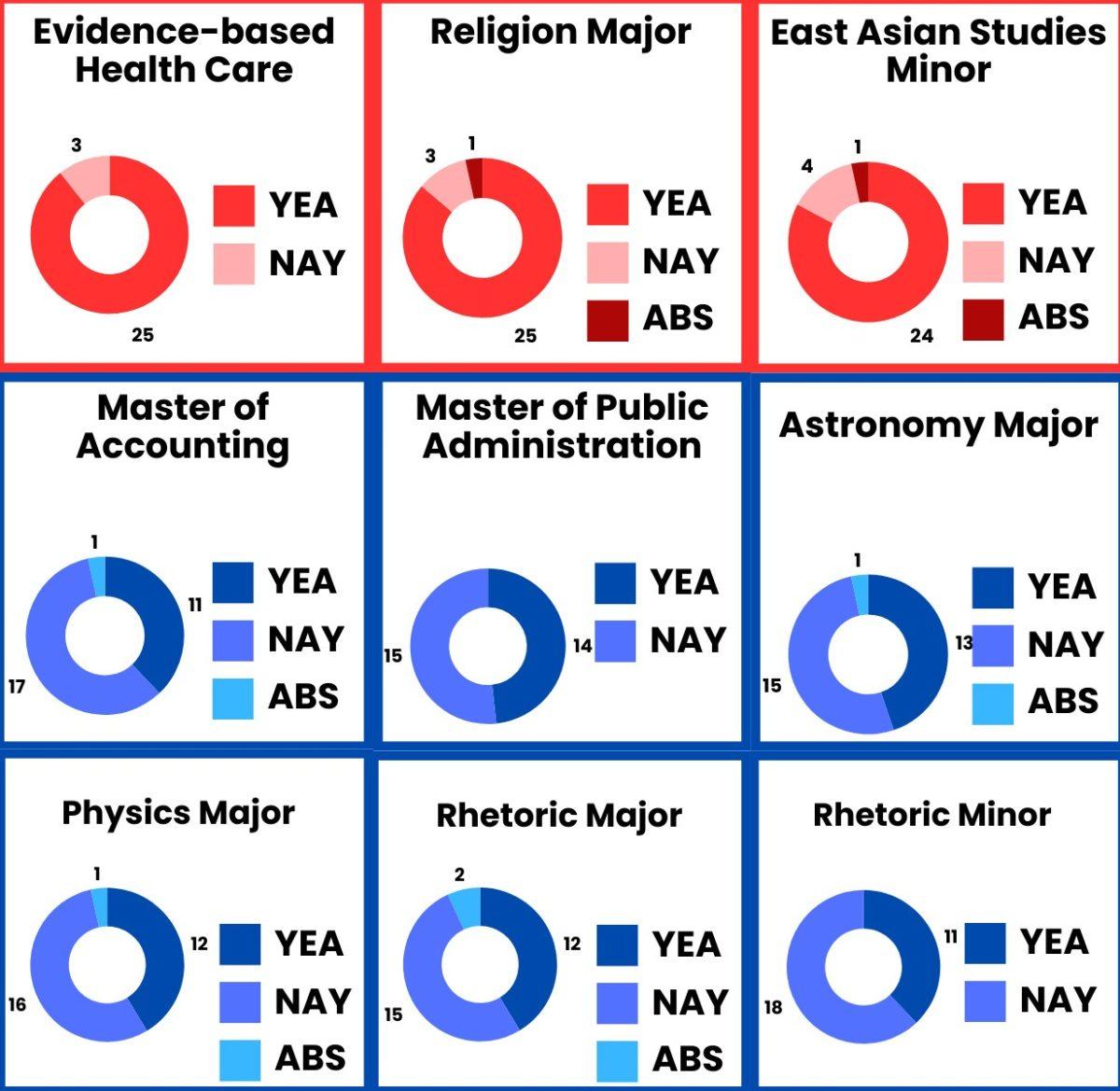




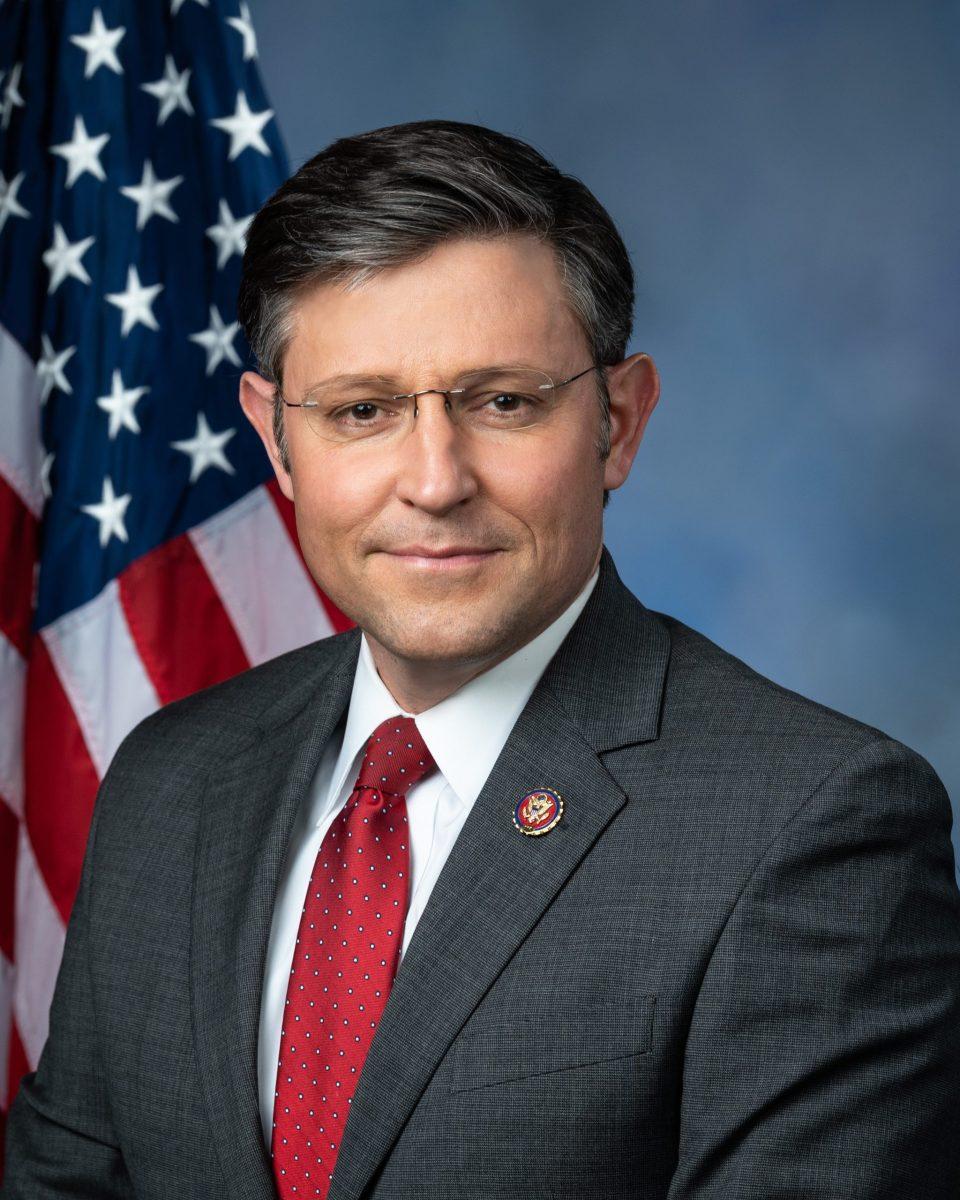
fee management for schools • May 10, 2012 at 3:07 am
Great post thanks for share it
fee management for schools • Apr 26, 2012 at 12:06 am
nice post thanks for post this nice blog